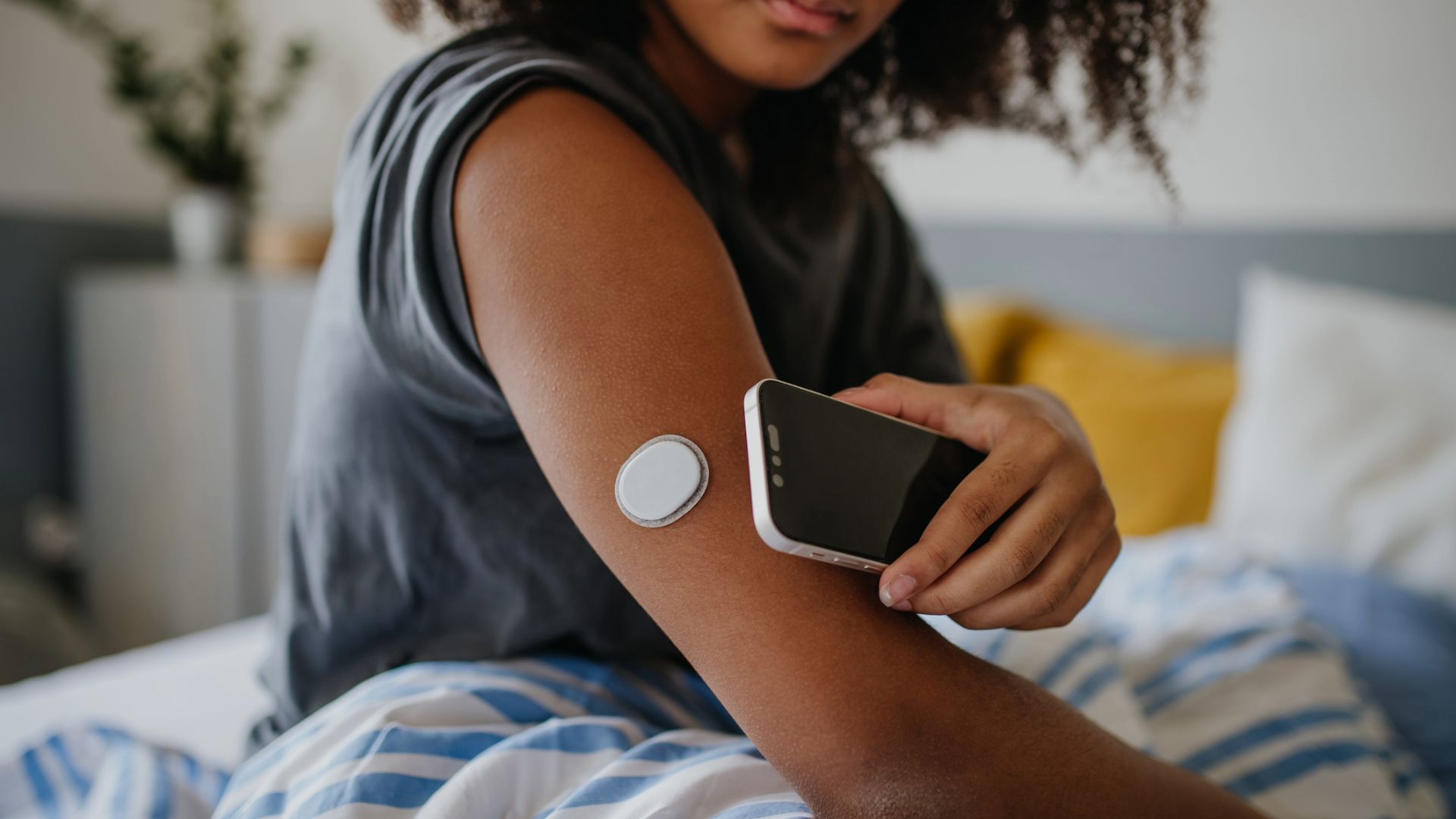Updated on April 2, 2024
Learning that a child or teen in your family has type 1 diabetes can feel overwhelming. While type 1 diabetes is a lifelong condition, it is also very manageable. Good diabetes management begins with understanding what the condition is and how it is treated. With that in mind, below are answers to five common questions about type 1 diabetes.
What are some basic terms I need to know?
If you are a parent, guardian, or caretaker for a child with type 1 diabetes, it’s important to have a good understanding of what’s happening in the body when a person has type 1 diabetes. This can be helpful when explaining the condition to a child of any age. Here are a few key terms to know:
- Type 1 diabetes is an autoimmune disease. This is a disease where the body’s immune system attacks healthy cells.
- With type 1 diabetes, the immune system attacks cells called beta cells. These cells are located in an organ called the pancreas.
- Beta cells produce a hormone called insulin. Insulin helps move a substance called glucose from the bloodstream into cells that can use glucose for energy.
- Glucose is the body’s primary source of energy. It is a type of sugar that is found in the blood. People get glucose from the foods they eat.
- Hyperglycemia is the term for blood glucose levels that are too high. It occurs when a person does not have enough insulin to move glucose out of the bloodstream and into cells. Severe and prolonged hyperglycemia can cause damage to many parts of the body (including the heart, kidneys, eyes, and nerves) and lead to life-threatening complications.
What causes type 1 diabetes?
The exact cause of type 1 diabetes is unknown. People who have a family member with type 1 diabetes are at an increased risk of the disease, but most cases occur in people without any family history of the disease.
When does type 1 diabetes usually begin in children?
For children and adolescents, most diagnoses of type 1 diabetes occur between 5 to 7 years of age or during puberty. However, these are not the only ages where children and adolescents are diagnosed, and research into type 1 diabetes has shown that the condition develops slowly over time.
What is the treatment for type 1 diabetes?
While there is no cure for type 1 diabetes, the condition is very manageable. Everyone with the condition will require treatment with insulin replacement therapy. These are injections of insulin that replace the insulin that is not being made by the body. A person will also need to monitor their blood glucose levels with a glucose meter or continuous glucose monitor.
Education is also an essential part of treatment. People of all ages—kids and adults alike—need to understand how food affects insulin needs, how to recognize the signs that blood sugar is too high or too low, and how to keep their body healthy while living with type 1 diabetes.
Can type 1 diabetes be prevented?
While there is no known therapy to prevent type 1 diabetes, medical researchers are learning how to delay its progression in some cases, and new therapies are becoming available.
Type 1 diabetes progresses across three stages. In the earlier stages—stage 1 and stage 2—a person will not have any symptoms. In these stages, signs of the disease will show up on blood tests that look for diabetes-related autoantibodies (proteins that direct the immune system to attack insulin-producing cells). People in stage 2 will also have abnormal blood glucose test results.
Stage 3 is when symptoms begin and a person will need to begin insulin therapy. Most children with type 1 diabetes are diagnosed at stage 3, when they are experiencing symptoms.
Treatments focused on delaying the progression to stage 3 are beginning to emerge. In 2022, a disease modifying therapy for type 1 diabetes became available. For people who have stage 2 type 1 diabetes (including children as young as 8 years old), this medication can delay the progression to stage 3 and delay the need for insulin therapy.






